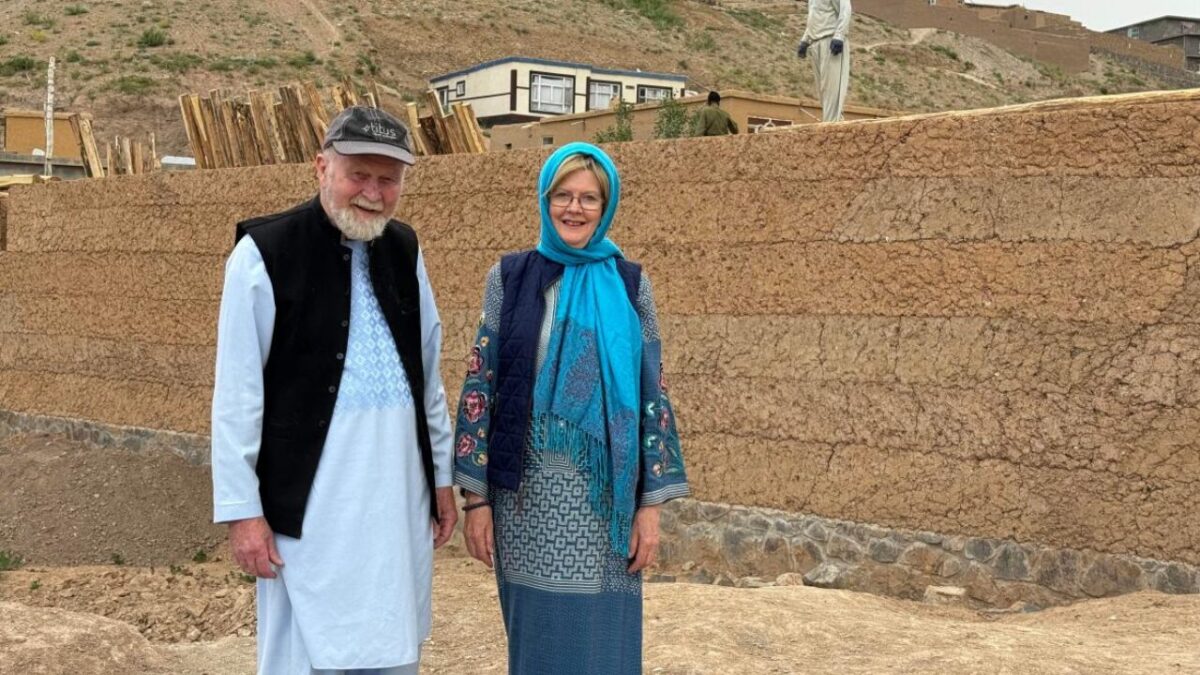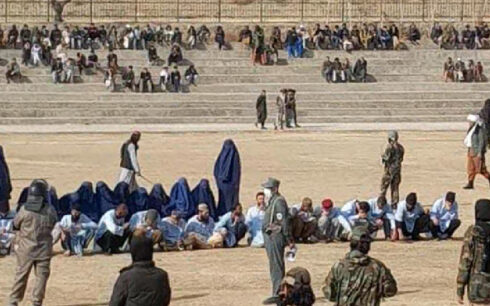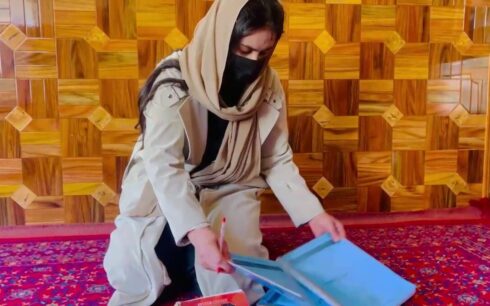A British man detained by the Taliban has described the notorious Pul-e-Charkhi prison in Kabul as “the nearest thing to hell,” offering a harrowing account of alleged abuse, intimidation and inhumane conditions in a phone call from inside the facility.
Peter Reynolds, 79, and his wife, Barbie Reynolds, 75, were arrested on February 2 in Bamiyan Province, along with their translator and a Chinese-American citizen. Only the latter has since been released — a development that came shortly after the Trump administration removed a $10 million bounty on Taliban interior minister Sirajuddin Haqqani.
Reynolds said he is being held in a wing of the prison alongside violent criminals and receives only one meal a day. His wife is reportedly being held separately in a women’s facility.
“The atmosphere is pretty shocking,” Reynolds said in a public phone call as reported by The Telegraph. “I am learning a lot about the underbelly of Afghanistan. The prison guards shout all the time and beat people with a piece of piping. It’s a horrible atmosphere — the nearest thing to hell I can imagine.”
He said he shares a cell with a man who murdered his wife and three daughters, describing the inmate as “possessed” and violently unstable.
The couple have lived in Afghanistan since 2006 and are known for their work in education. Through their foundation, Rebuild Afghanistan, they ran six projects for women and children, including one in Bamiyan that had reportedly been approved by Taliban officials.
Their son, Jonathan Reynolds, has appealed directly to President Donald Trump for intervention. In an interview with TMJ4, he stood alongside his young daughter and pleaded for help.
“I’m standing here, waiting for President Donald Trump to step in,” he said. “We’re asking you to do whatever you can to get them out of that prison — and out of that country.”
Since Trump’s return to office, the Taliban have released four American detainees. Citizens of other countries, as well as dozens of Afghans — including former security forces, journalists, and civil society activists — remain in Taliban custody.
Human rights observers say the Taliban are increasingly using foreign detainees as political leverage and warn that Afghanistan’s human rights record continues to deteriorate.





